After Afghanistan, It’s Time To Admit Counterinsurgency Is a Losing Doctrine
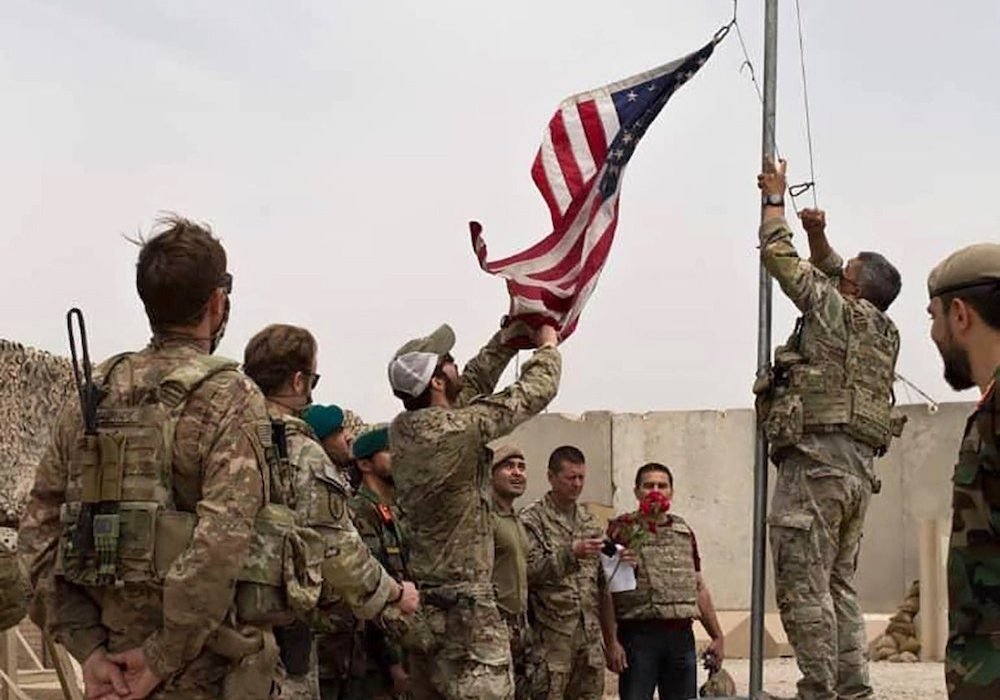
A US flag is lowered as American and Afghan soldiers attend a handover ceremony from the US Army to the Afghan National Army, at Camp Antonik, in Helmand province May 2, 2021. Afghan Ministry of Defense photo/public domain.
In April 1961, several retired French generals, aided by a coterie of active-duty colonels and their units, responded to pending Algerian independence by taking key territories in the occupied territory and initiating an ultimately unsuccessful coup attempt against Charles de Gaulle. Their goal was to prevent independence and keep fighting the counterinsurgency campaign.
The Algiers putsch followed eight years of brutal fighting in Algeria. No one can say the French didn’t try hard enough. The brutality exerted by the French, not just during the war but throughout their century-plus of occupation, spared no one. French troops regularly engaged in torture, extrajudicial executions, and other war crimes.
French civilian leadership had simply had enough of losing blood and treasure for the desolate sands of North Africa. It’s safe to say the French military establishment would have been content fighting Algerian insurgents indefinitely. They wanted so badly to avoid losing they preferred to fight their own government over admitting the obvious — that the Algerian War was never going to end.
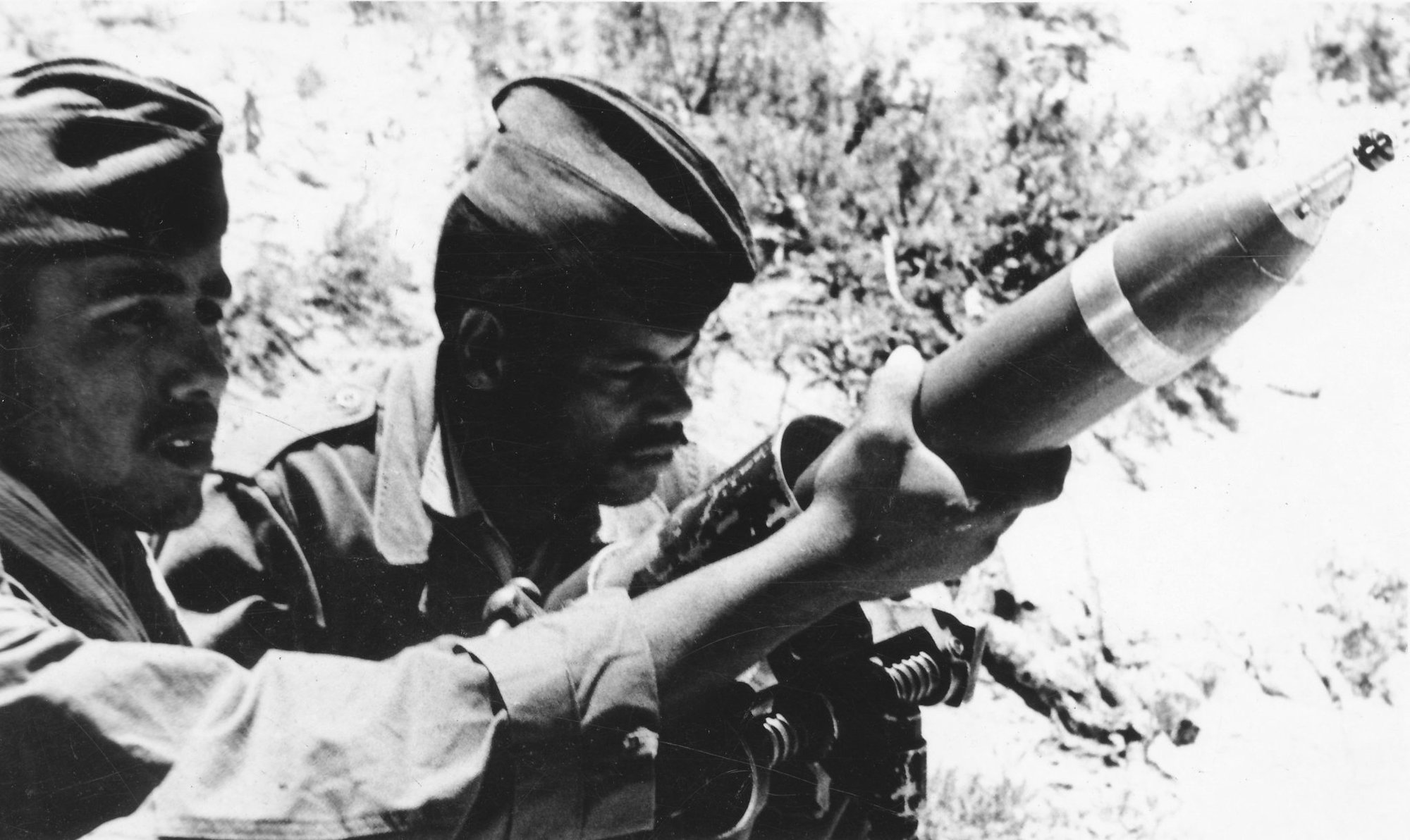
“If we’d only …” is a critique often leveled by bitter-enders following failed counterinsurgency efforts: If we’d only bombed more/weren’t afraid to torture/had less restrictive rules of engagement/killed them all and let God sort them out, then we would have won.
Whatever amount of those things are tried, it isn’t enough. It wasn’t for the French, and it hasn’t been for us. During the Vietnam War — oft-cited as a winnable counterinsurgency — Southeast Asia had more bombs dropped on it than Europe and Japan during World War II, combined. Somewhere in the neighborhood of 1.1 million Viet Cong and North Vietnamese army troops were killed. With the Phoenix Program’s organized torture and assassinations, it can hardly be said the US wasn’t brutal enough. But apologists will always say, “If only we had …”
Similarly, in Iraq and Afghanistan, all we needed was more troops and more money — and just a little more time. In both those instances, we provided astronomical amounts of money as well as massive combat power, yet as soon as those went away, their situations deteriorated catastrophically. Military power from the outside is just a coat of paint; if it’s over a termite-ridden structure, all it does is cover the underlying problem.
When it comes to post-mortems of failed counterinsurgencies, there’s always another “if only.” If only the US or France treated Vietnam or Algeria, or Iraq and Afghanistan, as existential conflicts and pulled out all the stops — investing their last full measures toward victory — they might have won.
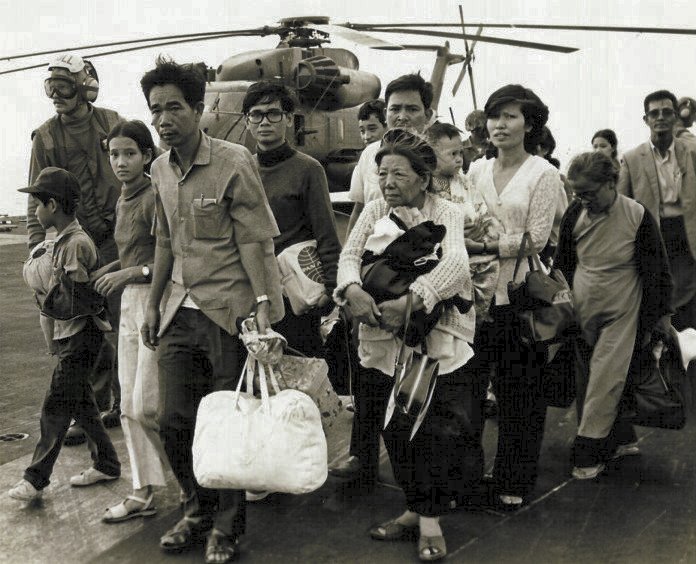
But no state goes all in for someone else’s future. More precisely, the only counterinsurgencies that ever result in long-term success are spearheaded by their own governments, governments viewed as legitimate by the populace. That doesn’t necessarily mean a good or a democratic government, but it does mean it must be widely recognized as the rightful sovereign authority.
The only successful counterinsurgencies are those based on political solutions, not military. Northern Ireland was a festering wound on the United Kingdom for decades … until a political solution was reached in 1998.
The same principle applies to the oft-cited victories of Peru over Shining Path and Colombia over the FARC, the Revolutionary Armed Forces of Colombia. A legitimate government elected by a largely supportive populace defeating tiny bands of guerrillas viewed as extremists by the general public isn’t a statement in favor of counterinsurgency theory. It’s a statement in favor of common sense.
One of the cases most commonly cited by proponents of counterinsurgency theory is the British experience in Malaya in the 1950s — the Malayan emergency, as it’s called. The insurgents in Malaya likely numbered 8,000 at their peak versus 40,000 British troops and 250,000 local troops. Malay independence — a political resolution — was the event that finally sealed the end of the insurgency, so the conflict isn’t the strong case study in favor of counterinsurgency that proponents claim.
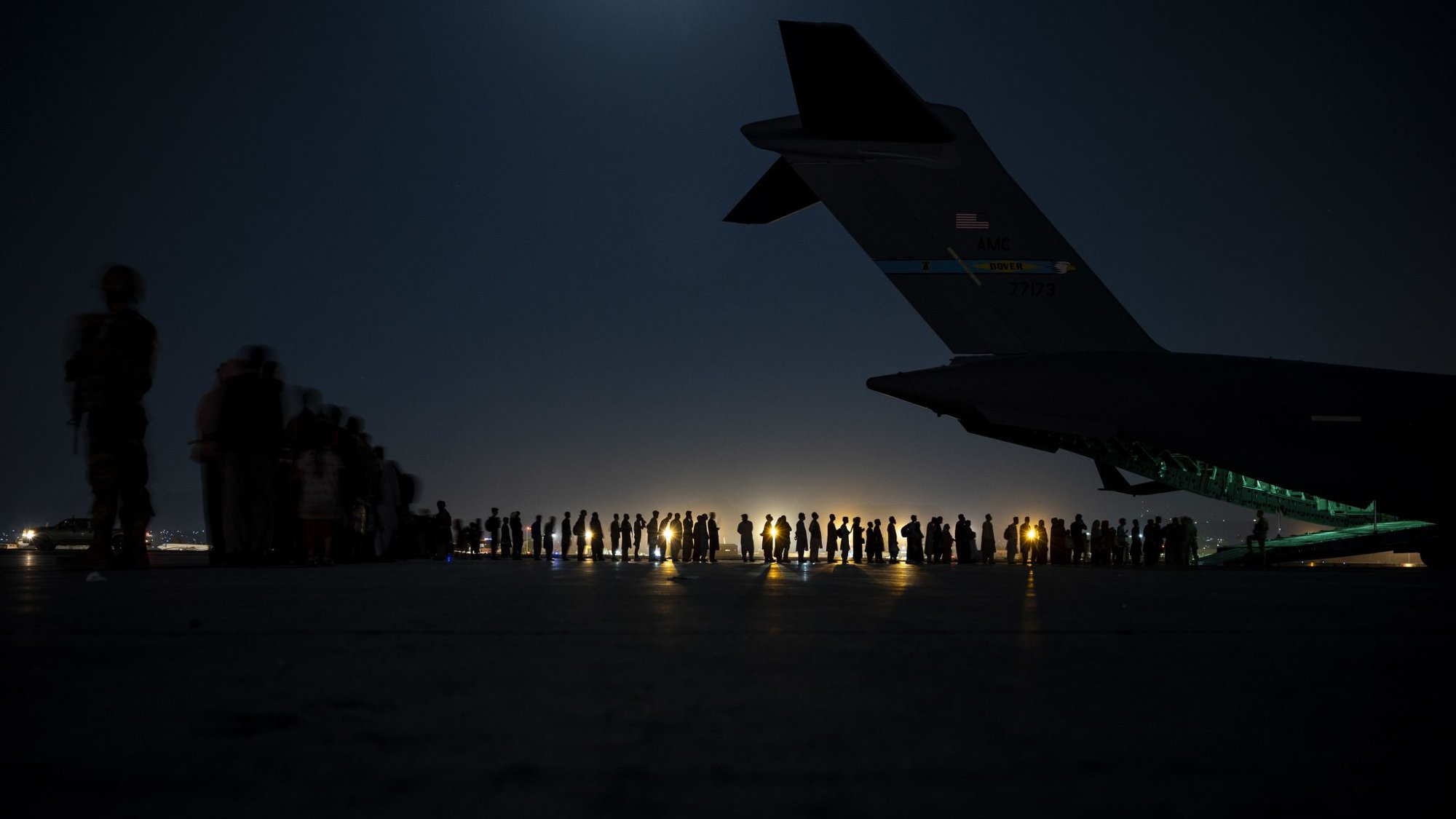
A lot of ink has been spilled (and wasted) over the minute details of counterinsurgency. “Ink blots,” “hearts and minds,” “clear, hold, build,” etc. It’s hardly necessary. A government that is recognized as legitimate has a chance of winning. A government that isn’t won’t. It may take a year or a century, but ultimately it will lose.
Sayings like “You have the watches, but we have the time” are often cited as if Easterners have some unique cultural advantage as insurgents. They do not. Time always favors the insurgent because time always favors the home team. All guests anywhere have one thing in common. They all eventually go home.
With 90,000 Afghan military and a government almost universally seen as illegitimate facing 120,000 Taliban, defeat was only a question of “when,”not “if.” The only thing the 2,500 Americans were doing before the withdrawal was delaying the inevitable. The Afghan government was never going to defeat the Taliban. Not because the US abandoned it, but because no one believed in it.
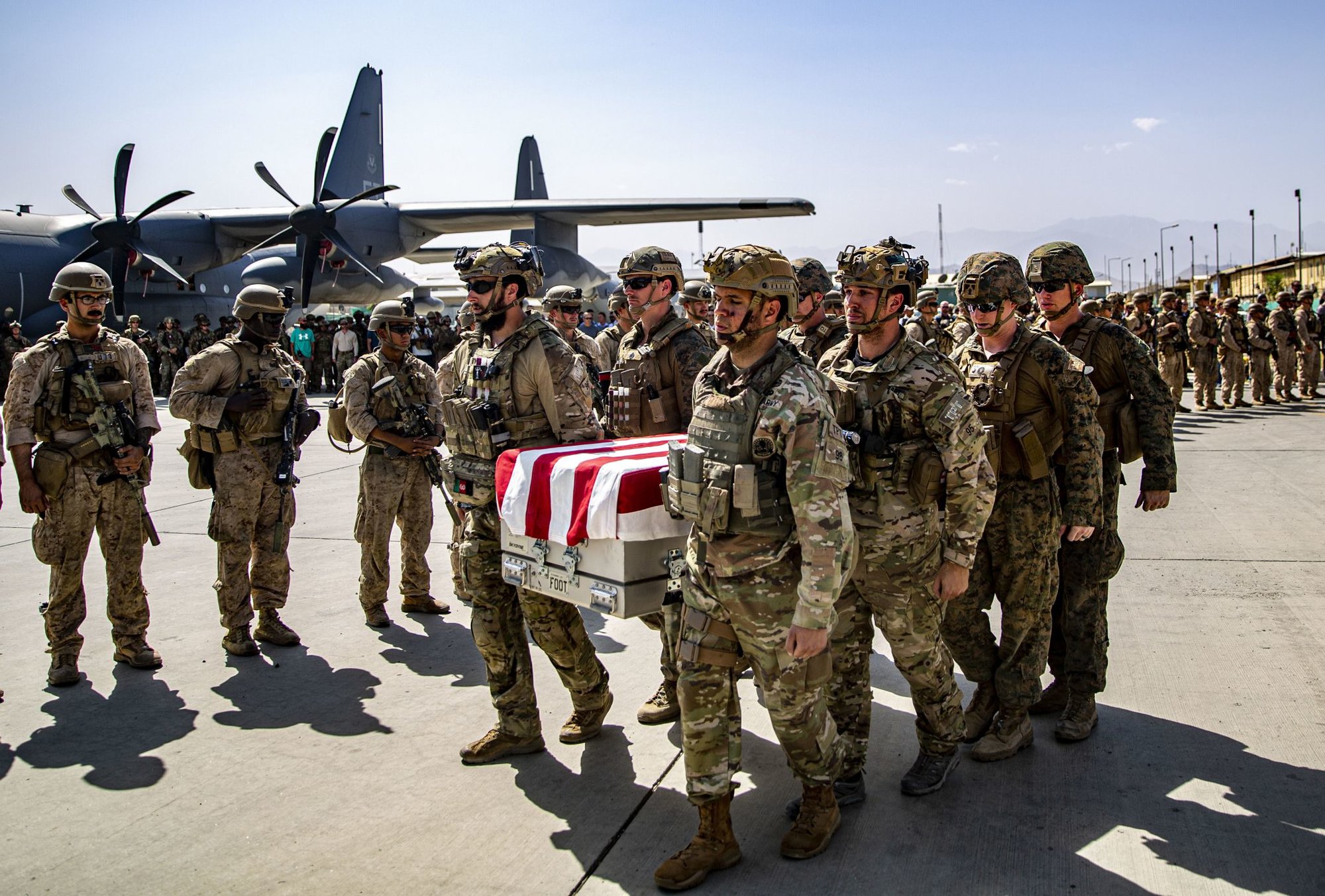
A legitimate government is not necessarily enough to win a counterinsurgency by itself, but without it, any COIN effort, no matter how big or how masterful, is only delaying disaster. Legitimacy has to be earned. It can’t be gifted.
In Afghanistan, the US couldn’t earn that legitimacy, only the Afghans could. This loss was preordained the second the US mission transitioned from killing al Qaeda to freeing Afghanistan.
We’d be well advised to remember the painful sights we watched unfold during our final exit from Afghanistan the next time we’re tempted to hold up a government that can’t stand on its own.
Read Next: With New Recon Sniper Course, Marines Seek To Make More Elite Snipers

BRCC and Bad Moon Print Press team up for an exclusive, limited-edition T-shirt design!
BRCC partners with Team Room Design for an exclusive T-shirt release!
Thirty Seconds Out has partnered with BRCC for an exclusive shirt design invoking the God of Winter.
Lucas O'Hara of Grizzly Forge has teamed up with BRCC for a badass, exclusive Shirt Club T-shirt design featuring his most popular knife and tiomahawk.
Coffee or Die sits down with one of the graphic designers behind Black Rifle Coffee's signature look and vibe.
Biden will award the Medal of Honor to a Vietnam War Army helicopter pilot who risked his life to save a reconnaissance team from almost certain death.
Ever wonder how much Jack Mandaville would f*ck sh*t up if he went back in time? The American Revolution didn't even see him coming.
A nearly 200-year-old West Point time capsule that at first appeared to yield little more than dust contains hidden treasure, the US Military Academy said.












